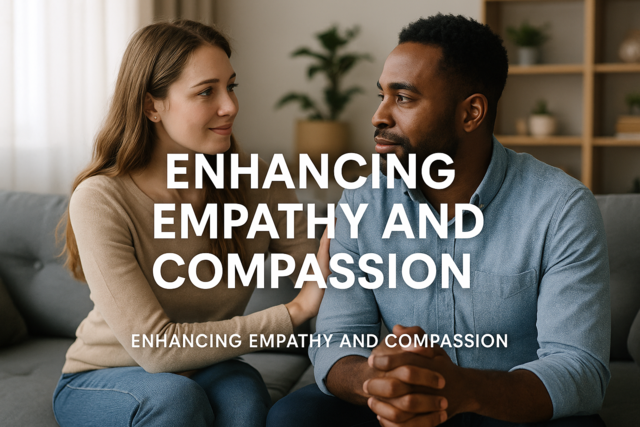Online Class: Resilience in the Workforce — Addressing and Overcoming Professional Trauma

-
15Lessons
-
22Exams &
Assignments -
4Hours
average time -
0.4CEUs
Course Description
In a world that moves at breakneck speed with relentless demands and tight deadlines, there's an unsaid truth nestled within the hearts of many professionals: the workplace can be a source of unexpected turmoil and emotional trial. Perhaps you've felt it--the pressures that weigh you down, the stress that seems to grow exponentially, or the burnout that saps your motivation and joy. Enter "Resilience in the Workforce: Addressing and Overcoming Professional Trauma," a pivotal course designed not just to guide you through the storm, but empower you to harness it.
Imagine standing at a crossroads in your career, feeling the weight of all that you've experienced. Now, visualize a path where those burdens are transformed into stepping stones towards a more fulfilling professional life. This course is that path. Here, you'll discover not just resilience, but the ability to emerge stronger and more confident than ever before.
From the moment you engage with our course, a narrative begins that's as personal as your unique journey. Picture yourself diving into the very essence of professional trauma, uncovering the root causes and unspoken impacts that affect you and your colleagues. This newfound understanding will be your compass, guiding you towards emotional intelligence--the bedrock of resilient character.
Your journey doesn't stop at understanding--it propels you into action. As we explore stress management techniques tailored for the workplace, you'll begin to weave a supportive network around you. It's more than just learning; it's reimagining your environment to foster growth, empathy, and well-being.
Consider this course a toolkit for your emotional arsenal, filled with practical strategies that build resilience like craftsmen with their finest tools. You'll learn to recognize the signs of burnout, addressing them with poise and precision. Healthy coping mechanisms become not just theory, but practice, seamlessly integrating into your daily life.
Feel the soothing embrace of mindfulness and meditation, transforming tumultuous workdays into periods of tranquility and clarity. Witness the profound role that leadership plays in cultivating a resilient culture, and equip yourself with conflict resolution and communication skills that transcend professional hurdles.
We understand the delicate dance of balancing life's commitments with career aspirations. Our exploration into work-life balance offers strategies that sustain your newfound resilience, ensuring your well-being is nurtured alongside your professional growth.
In a landscape where change is the only constant, our course empowers you to navigate organizational shifts with unwavering confidence. Through empathy and team cohesion, you'll cultivate bonds that stand resilient against the tides of change, building a community rooted in understanding and support.
Bouncing back from setbacks becomes second nature as you embrace a growth mindset, transforming challenges into opportunities for learning and development. Continuous learning isn't just a module; it's the ongoing narrative of your professional evolution, stretching beyond the boundaries of this course and into every endeavor you undertake.
"Resilience in the Workforce" isn't just another course; it's the guardian to your professional sanctuary, a transformative journey that redefines your potential and rejuvenates your ambition. From seasoned professionals seeking rejuvenation to emerging talents eager to forge resilient pathways, this course is your ally, your mentor, and your catalyst.
The time has come to invest in you. To transcend the patterns that no longer serve your highest aspirations. Enroll in "Resilience in the Workforce: Addressing and Overcoming Professional Trauma" and step into a future where your resilience becomes your most formidable asset. Embrace this journey of transformation and watch as it unfolds into a narrative of strength, growth, and unmatched professional triumph.
- Business
- Business Ethics Courses
- Harassment Prevention Courses
- Human Resources Certifications
- Management
- Aromatherapy Courses
- Caregiver Courses
- Career Development Courses
- Communications Courses
- Confidence and Self Esteem Courses
- Healing
- Human Anatomy Courses
- Medical Skills
- Health & Medicine
- Nutrition
- Marketing
- Microsoft Office Certification Courses
- Life Coaching Courses
- Self-Improvement
- Small Business Certifications
- Safety
- Writing Improvement
- Business Writing Courses
Course Lessons
Lesson 1. Navigating Professional Trauma: From Causes to Resilience
 Review Practice Worksheet: Lesson-1-StudyGuide-29027.pdf
Review Practice Worksheet: Lesson-1-StudyGuide-29027.pdf Complete: Lesson 1 Activity
Complete: Lesson 1 Activity Assessment: Lesson 1 Review Exam
Assessment: Lesson 1 Review Exam
Lesson 2. Emotional Intelligence in Action
 Review Practice Worksheet: Lesson-2-HomeWork-29029.pdf
Review Practice Worksheet: Lesson-2-HomeWork-29029.pdf Complete: Lesson 2 Activity
Complete: Lesson 2 Activity Assessment: Lesson 2 Review Exam
Assessment: Lesson 2 Review Exam
Lesson 3. Building Resilience in High-Stress Work Environments
 Review Practice Worksheet: Lesson-3-Activity-29031.pdf
Review Practice Worksheet: Lesson-3-Activity-29031.pdf Assessment: Lesson 3 Review Exam
Assessment: Lesson 3 Review Exam
Lesson 4. Surviving Workplace Challenges: A Guide to Mental Well-being
 Review Practice Worksheet: Lesson-4-WorkSheet-29033.pdf
Review Practice Worksheet: Lesson-4-WorkSheet-29033.pdf Complete: Lesson 4 Activity
Complete: Lesson 4 Activity Assessment: Lesson 4 Review Exam
Assessment: Lesson 4 Review Exam
Lesson 5. Healing from the Past: Fostering Community Resilience
 Review Practice Worksheet: Lesson-5-Activity-29035.pdf
Review Practice Worksheet: Lesson-5-Activity-29035.pdf Assessment: Lesson 5 Review Exam
Assessment: Lesson 5 Review Exam
Lesson 6. Managing Burnout's Multifaceted Impact
 Review Practice Worksheet: Lesson-6-Activity-29037.pdf
Review Practice Worksheet: Lesson-6-Activity-29037.pdf Assessment: Lesson 6 Review Exam
Assessment: Lesson 6 Review Exam
Lesson 7. Conquering Professional Trauma
 Review Practice Worksheet: Lesson-7-StudyGuide-29041.pdf
Review Practice Worksheet: Lesson-7-StudyGuide-29041.pdf Complete: Lesson 7 Activity
Complete: Lesson 7 Activity Assessment: Lesson 7 Review Exam
Assessment: Lesson 7 Review Exam
Lesson 8. Unlocking Workplace Potential: The Power of Mindfulness and Meditation
 Review Practice Worksheet: Lesson-8-WorkSheet-29044.pdf
Review Practice Worksheet: Lesson-8-WorkSheet-29044.pdf Assessment: Lesson 8 Review Exam
Assessment: Lesson 8 Review Exam
Lesson 9. Empowering Resilience through Emotional Intelligence
 Review Practice Worksheet: Lesson-9-HomeWork-29045.pdf
Review Practice Worksheet: Lesson-9-HomeWork-29045.pdf Complete: Lesson 9 Activity
Complete: Lesson 9 Activity Assessment: Lesson 9 Review Exam
Assessment: Lesson 9 Review Exam
Lesson 10. Navigating Professional Trauma: Empowering Workplaces through Communication and Understanding
 Review Practice Worksheet: Lesson-10-HomeWork-29046.pdf
Review Practice Worksheet: Lesson-10-HomeWork-29046.pdf Assessment: Lesson 10 Review Exam
Assessment: Lesson 10 Review Exam
Lesson 11. Empower Your Day: Achieve Harmony Between Your Career and Life
 Review Practice Worksheet: Lesson-11-WorkSheet-29047.pdf
Review Practice Worksheet: Lesson-11-WorkSheet-29047.pdf Complete: Lesson 11 Activity
Complete: Lesson 11 Activity Assessment: Lesson 11 Review Exam
Assessment: Lesson 11 Review Exam
Lesson 12. Resilience and Change
 Review Practice Worksheet: Lesson-12-Downloadable-29048.pdf
Review Practice Worksheet: Lesson-12-Downloadable-29048.pdf Complete: Lesson 12 Activity
Complete: Lesson 12 Activity Assessment: Lesson 12 Review Exam
Assessment: Lesson 12 Review Exam
Lesson 13. The Role of Empathy in Enhancing Workplace Resilience and Innovation
 Review Practice Worksheet: Lesson-13-HomeWork-29049.pdf
Review Practice Worksheet: Lesson-13-HomeWork-29049.pdf Assessment: Lesson 13 Review Exam
Assessment: Lesson 13 Review Exam
Lesson 14. Adaptive Thinking in Professional Growth
 Review Practice Worksheet: Lesson-14-HomeWork-29050.pdf
Review Practice Worksheet: Lesson-14-HomeWork-29050.pdf Assessment: Lesson 14 Review Exam
Assessment: Lesson 14 Review Exam
Lesson 15. Continuous Learning and Its Role in Personal and Organizational Resilience
 Review Practice Worksheet: Lesson-15-WorkSheet-29051.pdf
Review Practice Worksheet: Lesson-15-WorkSheet-29051.pdf Lesson discussions: End of Course Poll; Course Comments
Lesson discussions: End of Course Poll; Course Comments Assessment: Lesson 15 Review Exam
Assessment: Lesson 15 Review Exam
Learning Outcomes
- Demonstrate the application of Bowen's Family Systems Theory to understand its impact on professional resilience and emotional management.
- Describe the various causes of professional trauma and identify strategies for creating a healthier workplace culture.
- Define emotional intelligence and describe its impact on workplace resilience and personal growth.
- Demonstrate the ability to apply emotional intelligence components like empathy and motivation to foster teamwork and innovation.
- Analyze and apply cognitive-behavioral strategies to reframe negative thoughts and prevent stress escalation in work settings
- Demonstrate the ability to implement mindfulness practices to manage and reduce workplace stress effectively
- Analyze the role of resilience-building activities, such as mindfulness and peer support networks, in mitigating professional trauma.
- Demonstrate awareness of how professional trauma impacts mental health and propose strategies to create supportive work environments.
- Define key concepts of emotional resilience and demonstrate their application in addressing mental health challenges associated with colonial histories.
- Identify practical strategies for supporting the reclamation of cultural identity to enhance emotional resilience in indigenous communities.
- Identify and implement at least two proactive strategies to manage and reduce symptoms of burnout in a workplace setting.
- Recognize and describe the three primary dimensions of burnout: exhaustion, cynicism, and reduced professional efficacy.
- Demonstrate mastery of lesson content at levels of 70% or higher.
Additional Course Information

- Document Your Lifelong Learning Achievements
- Earn an Official Certificate Documenting Course Hours and CEUs
- Verify Your Certificate with a Unique Serial Number Online
- View and Share Your Certificate Online or Download/Print as PDF
- Display Your Certificate on Your Resume and Promote Your Achievements Using Social Media

Related Courses
-
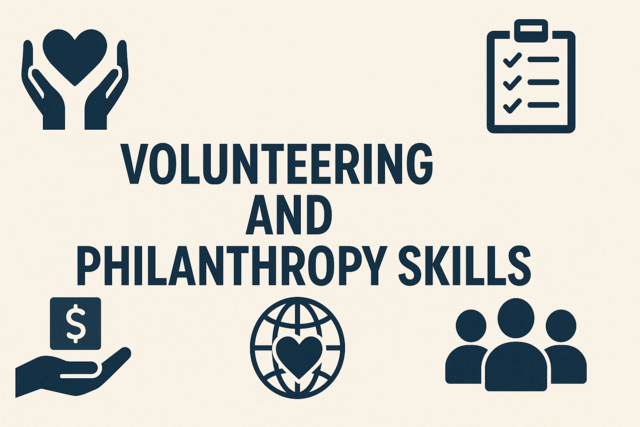 7 hours
0.7 CEUs
Volunteering and Philanthropy Skills
+ More Info
7 hours
0.7 CEUs
Volunteering and Philanthropy Skills
+ More Info
-
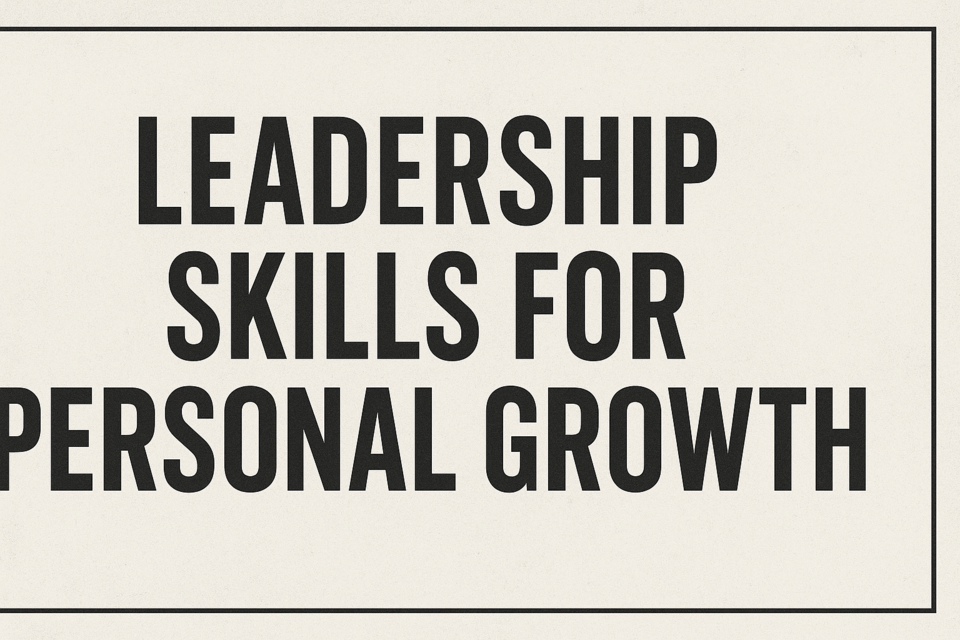 4 hours
0.4 CEUs
Leadership Skills for Personal Growth
+ More Info
4 hours
0.4 CEUs
Leadership Skills for Personal Growth
+ More Info
-
 7 hours
0.7 CEUs
Building Patience and Tolerance
+ More Info
7 hours
0.7 CEUs
Building Patience and Tolerance
+ More Info
-
 4 hours
0.4 CEUs
Emergency Preparedness and Survival Skills
+ More Info
4 hours
0.4 CEUs
Emergency Preparedness and Survival Skills
+ More Info
-
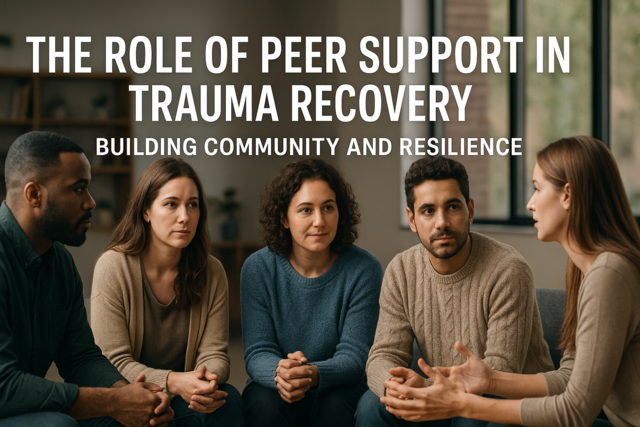 3 hours
0.3 CEUs
The Role of Peer Support in Trauma Recovery: Building Community and Resilience
+ More Info
3 hours
0.3 CEUs
The Role of Peer Support in Trauma Recovery: Building Community and Resilience
+ More Info
-
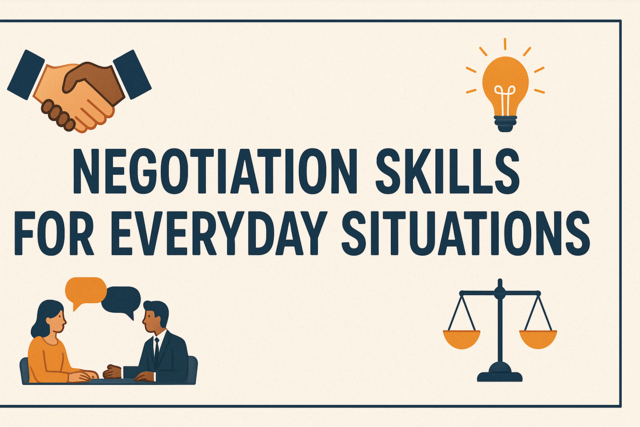 3 hours
0.3 CEUs
Negotiation Skills for Everyday Situations
+ More Info
3 hours
0.3 CEUs
Negotiation Skills for Everyday Situations
+ More Info
-
 5 hours
0.5 CEUs
Understanding Nutrition Labels and Food Choices
+ More Info
5 hours
0.5 CEUs
Understanding Nutrition Labels and Food Choices
+ More Info
-
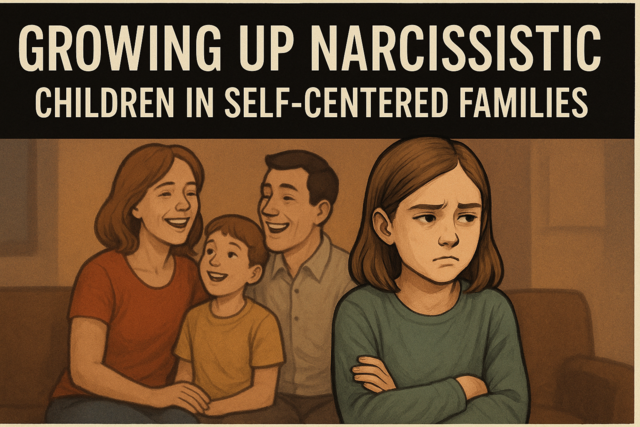 3 hours
0.3 CEUs
Growing Up Narcissistic: Children in Self-Centered Families
+ More Info
3 hours
0.3 CEUs
Growing Up Narcissistic: Children in Self-Centered Families
+ More Info
-
 4 hours
0.4 CEUs
Applying Creativity in Everyday Life
+ More Info
4 hours
0.4 CEUs
Applying Creativity in Everyday Life
+ More Info
-
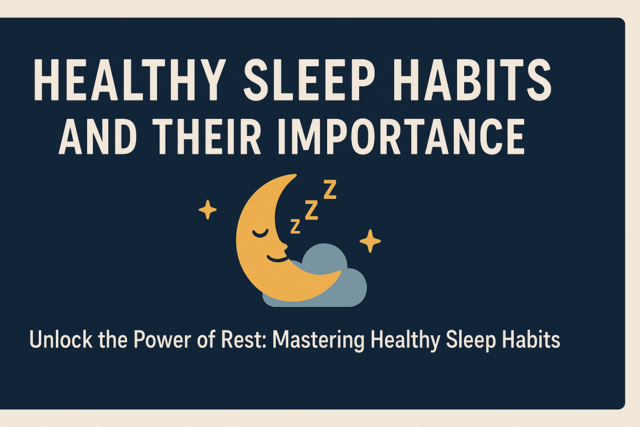 7 hours
0.7 CEUs
Healthy Sleep Habits and Their Importance
+ More Info
7 hours
0.7 CEUs
Healthy Sleep Habits and Their Importance
+ More Info
-
 5 hours
0.5 CEUs
Fostering a Positive Attitude
+ More Info
5 hours
0.5 CEUs
Fostering a Positive Attitude
+ More Info
-
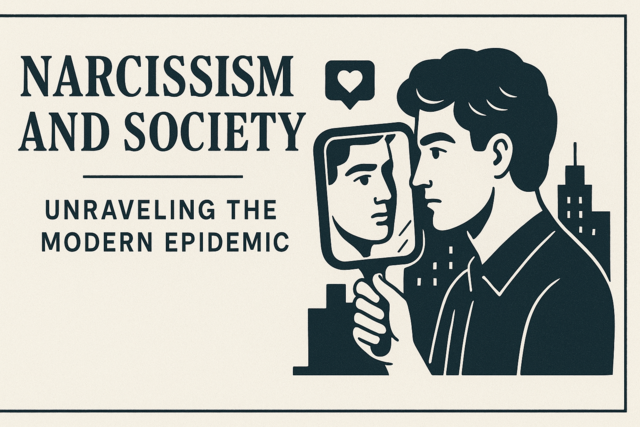 6 hours
0.6 CEUs
Narcissism and Society: Unraveling the Modern Epidemic
+ More Info
6 hours
0.6 CEUs
Narcissism and Society: Unraveling the Modern Epidemic
+ More Info
-
 7 hours
0.7 CEUs
Effective Communication Skills for Everyday Life
+ More Info
7 hours
0.7 CEUs
Effective Communication Skills for Everyday Life
+ More Info
-
 7 hours
0.7 CEUs
Travel Planning and Safety Skills
+ More Info
7 hours
0.7 CEUs
Travel Planning and Safety Skills
+ More Info
-
 6 hours
0.6 CEUs
Assistive Communication Devices: Maximizing Potential
+ More Info
6 hours
0.6 CEUs
Assistive Communication Devices: Maximizing Potential
+ More Info
-
 7 hours
0.7 CEUs
Developing and Maintaining Healthy Habits
+ More Info
7 hours
0.7 CEUs
Developing and Maintaining Healthy Habits
+ More Info
-
 6 hours
0.6 CEUs
Introduction to Minimalist Living
+ More Info
6 hours
0.6 CEUs
Introduction to Minimalist Living
+ More Info
-
 6 hours
0.6 CEUs
The Art of Active Listening
+ More Info
6 hours
0.6 CEUs
The Art of Active Listening
+ More Info
-
 5 hours
0.5 CEUs
Cooking and Nutrition for a Healthy Life
+ More Info
5 hours
0.5 CEUs
Cooking and Nutrition for a Healthy Life
+ More Info
-
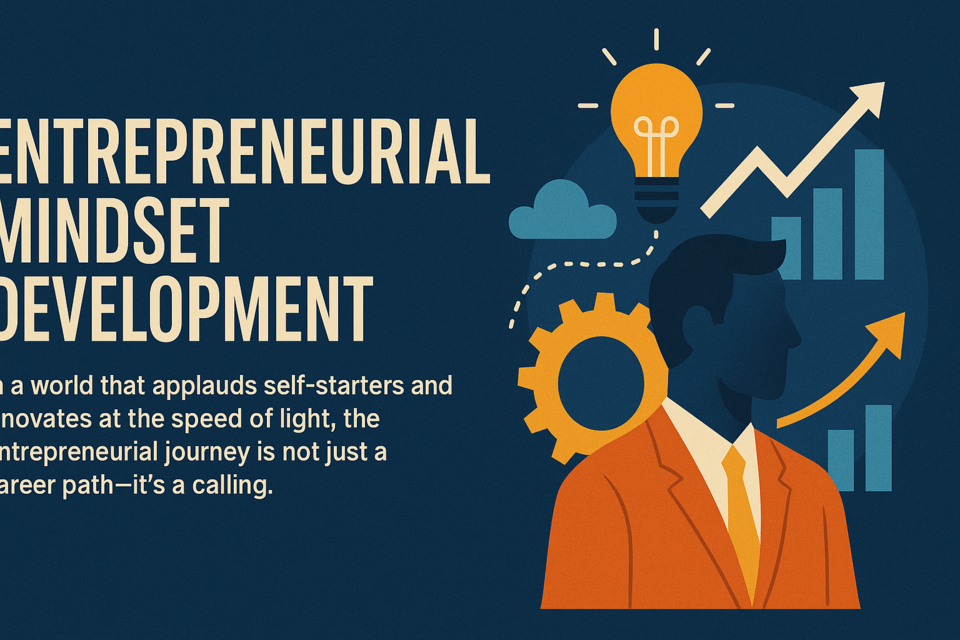 7 hours
0.7 CEUs
Entrepreneurial Mindset Development
+ More Info
7 hours
0.7 CEUs
Entrepreneurial Mindset Development
+ More Info
-
 7 hours
0.7 CEUs
Adapting to Change in a Fast-Paced World
+ More Info
7 hours
0.7 CEUs
Adapting to Change in a Fast-Paced World
+ More Info
-
 5 hours
0.5 CEUs
Financial Literacy for Teenagers
+ More Info
5 hours
0.5 CEUs
Financial Literacy for Teenagers
+ More Info
-
 5 hours
0.5 CEUs
Personal Hygiene and Grooming Essentials
+ More Info
5 hours
0.5 CEUs
Personal Hygiene and Grooming Essentials
+ More Info
-
 3 hours
0.3 CEUs
Career Planning and Development
+ More Info
3 hours
0.3 CEUs
Career Planning and Development
+ More Info
-
 7 hours
0.7 CEUs
Trauma Typologies: Exploring Varieties of Psychological Wounds
+ More Info
7 hours
0.7 CEUs
Trauma Typologies: Exploring Varieties of Psychological Wounds
+ More Info




